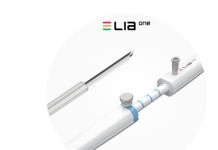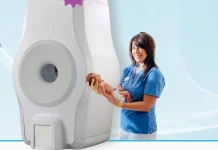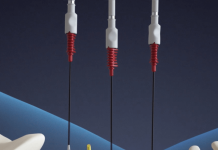The US Food and Drug Administration (FDA) has approved CorVista Health’s non-invasive medical device system with a CAD [coronary artery disease] Add-On option for detecting the presence of cardiac disease.
Designed to assist in the diagnosis of significant CAD, the new CorVista System features hardware and software components.
Working together, these components enable a physician to assess the patient at the point of care for cardiac disease, leveraging a static machine-learned detection algorithm.
The CAD Add-On is claimed to be the first in the company’s anticipated suite of cardiac detection algorithms to secure market approval.
The device will assist in analysing sensor-acquired physiological signals from patients presenting with cardiovascular symptoms such as fatigue, chest pain and dyspnea, thereby aiding in the assessment of the likelihood of significant CAD.
RELATED: FDA aiming to modernize 510(k) process that many radiology devices must go through
Healthcare providers can use the analysis for interpretation, in conjunction with their clinical judgement and the signs, symptoms and clinical history of the patient, as a diagnostic tool.
The approval was granted after the evaluation of a blinded clinical validation dataset from the IDENTIFY study.
This dataset demonstrated the ability to detect significant CAD with 88% sensitivity and 51% specificity.
CorVista Health president and CEO Don Crawford said: “Our point-of-care, non-invasive solution rules out significant CAD with a negative predictive value of 99%. Furthermore, it requires no fasting, radiation, or significant capital investment.
“The ability to obtain a result within minutes will be a game changer in aiding physicians to detect the potential presence of cardiac disease.”




